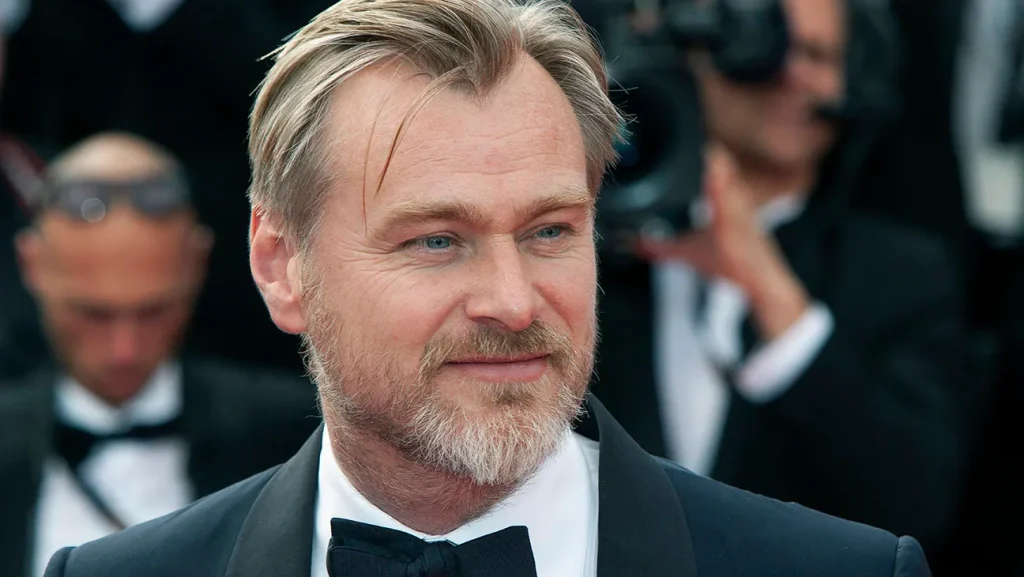
Why Christopher Nolan’s Story Deserves More Attention Than Ever
When you hear the name Christopher Nolan, words like “mind-bending,” “cinematic genius,” and “box office magnet” instantly come to mind. But behind the stunning visuals and unforgettable plots lies a deeper story—one filled with relentless passion, unconventional decisions, and personal sacrifices. From his early childhood experiments with Super 8 cameras to directing billion-dollar blockbusters like Inception and Oppenheimer, Nolan’s trajectory is anything but ordinary. Let’s dive deep into the life, career, and personal world of one of the most enigmatic directors of our time—and discover what truly makes Christopher Nolan a modern legend.
Early Life – A Camera, A Dream, And A Boy With Vision
Born on July 30, 1970, in Westminster, London, Christopher Edward Nolan grew up in a uniquely blended household. His father, Brendan James Nolan, was a British advertising executive, while his American mother, Christina, worked as a flight attendant and English teacher. This Anglo-American cultural duality would later influence Nolan’s international filmmaking style and thematic diversity.
From an early age, Nolan exhibited signs of brilliance. At just seven years old, he began experimenting with his father’s Super 8 camera. While other kids were playing outside, Nolan was directing stop-motion animation shorts inspired by Star Wars and 2001: A Space Odyssey. Even then, he wasn’t just making movies—he was crafting universes.
But what made his early years even more compelling was his relationship with his younger brother, Jonathan Nolan. Together, they built stories, scripts, and later, co-wrote some of the most iconic screenplays in modern cinema.
Education – From UCL to the Silver Screen
Nolan attended Haileybury and Imperial Service College in Hertfordshire before enrolling at University College London (UCL) to study English literature. He deliberately chose UCL not only for its academics but because of its film-making facilities.Unlike most aspiring directors who wait for big studio opportunities, Nolan began his journey independently. At UCL, he shot short films using a shoestring budget. One of these, Tarantella, was aired on PBS in 1989—an early hint that this young director was on a different path.
The Indie Breakthrough – Following and the Birth of the Nolan Brand
In 1998, Nolan made his first feature film, Following, for just $6,000. Shot on weekends over a year using friends as cast and crew, the black-and-white neo-noir gained critical attention for its non-linear narrative and psychological depth.
Following wasn’t a box office hit, but it became Nolan’s calling card. Its success led to his breakthrough project that would change everything: Memento (2000). With a budget of $9 million, the film used a reversed chronological structure that left audiences—and critics—in awe.
Hollywood Embraces a Maverick – Insomnia to Batman Begins
With Memento, Nolan proved he could do more than just indie films—he could challenge narrative structure and still deliver a punch. In 2002, he directed Insomnia, starring Al Pacino and Robin Williams, his first studio-backed film.But the true turning point came in 2005 with Batman Begins. Reviving a franchise that had become campy and diluted, Nolan’s gritty, realistic take on the Dark Knight ushered in a new era of superhero cinema. Christian Bale’s Batman, supported by a stellar cast and hauntingly human storytelling, marked the rebirth of DC’s cinematic credibility.
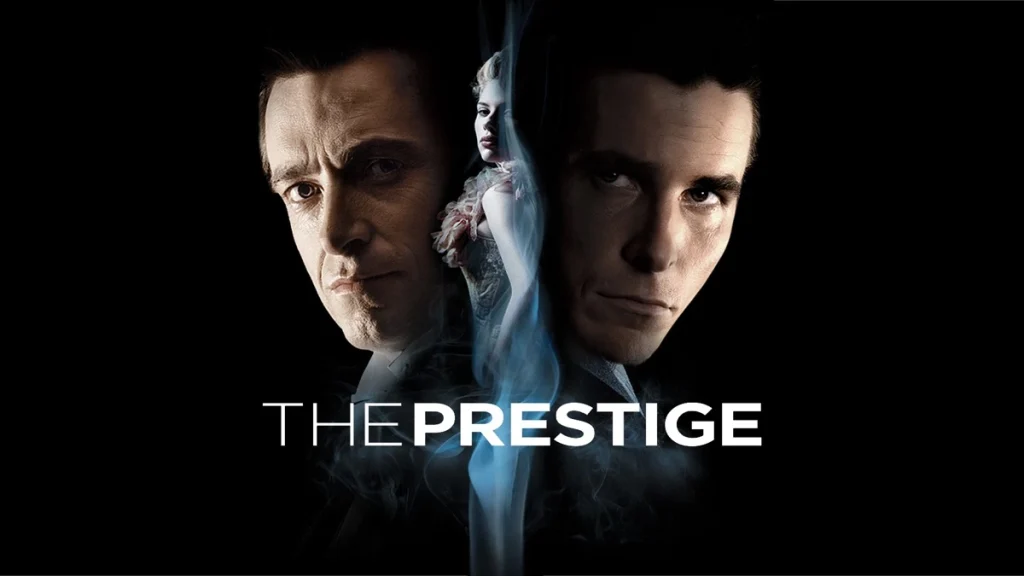
Mind Over Matter – The Prestige, Inception, and Obsession With Time
Nolan followed Batman Begins with The Prestige (2006), a tale of rival magicians that explored obsession, sacrifice, and illusion. It was a film that demanded attention—and repeat viewings.Then came Inception (2010). The mind-bending thriller grossed over $836 million worldwide and became a cultural phenomenon. The spinning top, the dream-within-a-dream narrative, and Hans Zimmer’s iconic score—Inception was more than a movie; it was a moment in history.
The Billion-Dollar Director – The Dark Knight Trilogy and Its Legacy
The Dark Knight (2008) shattered box office records and earned Heath Ledger a posthumous Oscar. It wasn’t just a superhero film; it was a crime drama wrapped in existential dread. The Dark Knight Rises (2012) capped off the trilogy, grossing over a billion dollars and cementing Nolan’s place as one of the most bankable directors in Hollywood.
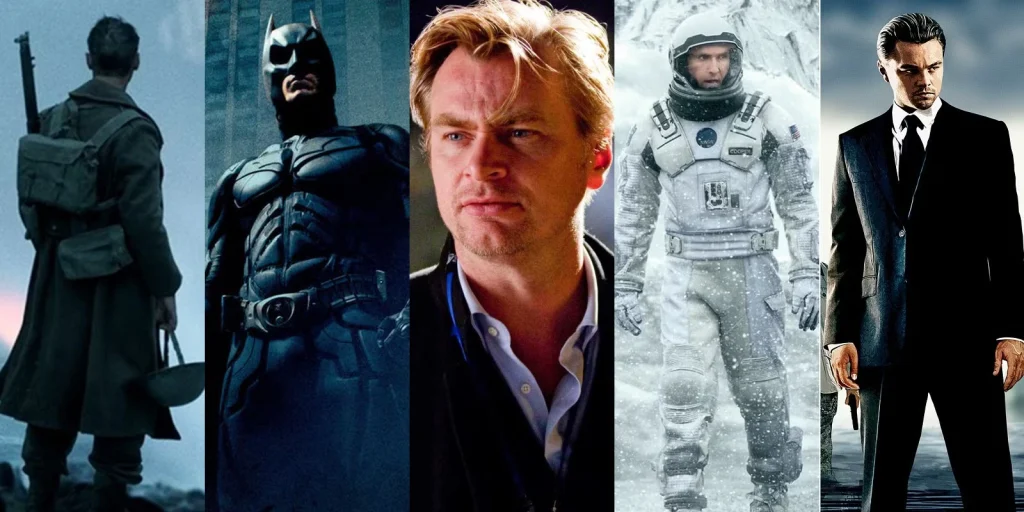
War, Space, and Humanity – Interstellar, Dunkirk, and Tenet
Nolan’s obsession with time and space intensified with Interstellar (2014), a visually stunning odyssey that explored love, black holes, and the survival of humanity. The film sparked both scientific debates and emotional conversations.
Dunkirk (2017) showcased Nolan’s versatility. With minimal dialogue and a real-time ticking clock, he created a war epic unlike any other. It earned him his first Oscar nomination for Best Director.
And then came Tenet (2020), released during the COVID-19 pandemic. With a $200M budget and a plot involving time inversion, it was Nolan’s riskiest project yet. Though divisive, it reaffirmed his commitment to theatrical storytelling
Oppenheimer – A Masterpiece of Philosophy and Fear
In 2023, Nolan released Oppenheimer, a biopic on J. Robert Oppenheimer, the father of the atomic bomb. Featuring Cillian Murphy, Robert Downey Jr., and Florence Pugh, the film was a critical and commercial success, crossing $950 million globally and earning Nolan his long-awaited Oscar wins.
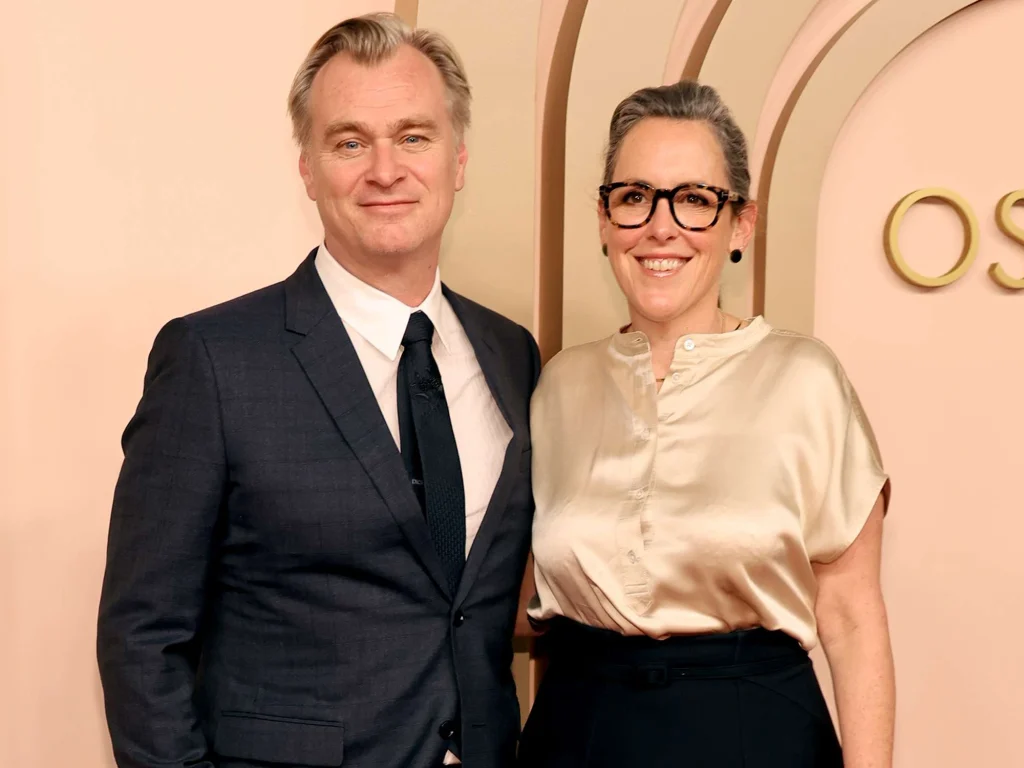
Personal Life – The Private World of a Public Genius
Despite his global fame, Nolan remains intensely private. Married to producer Emma Thomas (his long-time collaborator), the couple has four children and resides in Los Angeles. Nolan is known for avoiding smartphones and social media, preferring a grounded, analog lifestyle.
His brother, Jonathan Nolan, is also a creative powerhouse, co-writing several scripts and spearheading the TV series Westworld.
Net Worth and Influence – How Much Is Christopher Nolan Worth?
As of 2025, Christopher Nolan’s estimated net worth is over $300 million. Most of this comes from back-end deals on his billion-dollar films. Nolan’s insistence on final cut rights and a share in box office profits has made him not only powerful in Hollywood but also independently wealthy.
He also reportedly turned down massive offers from streaming services, instead advocating for the survival of cinema as a theatrical experience.
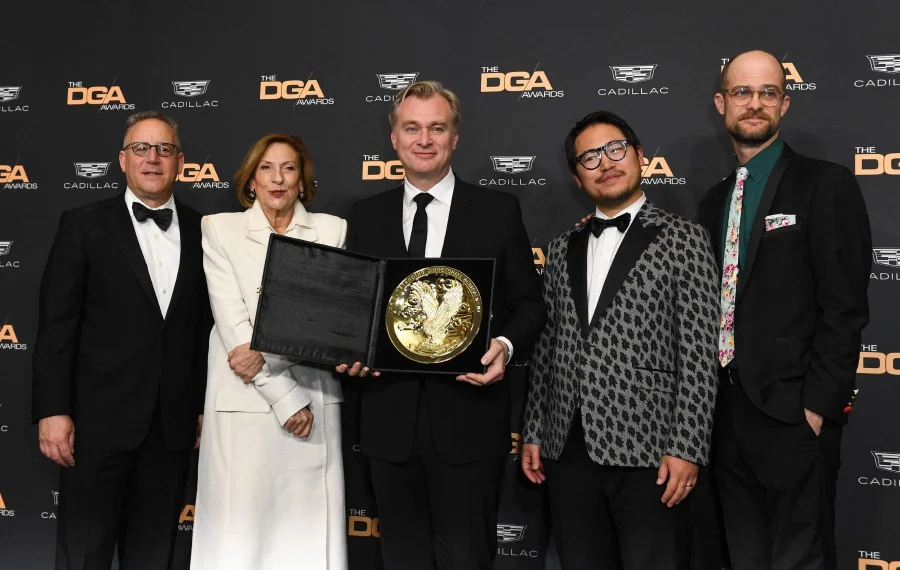
Recognition and Awards – The Long-Awaited Glory
For years, fans and critics alike felt Nolan was snubbed by the Academy. Despite multiple nominations, it wasn’t until Oppenheimer that he finally won Best Director and Best Picture at the Oscars.
His other accolades include:
- Golden Globe Awards
- BAFTAs
- Directors Guild Awards
- Empire Inspiration Award
More importantly, he has earned a place in the hearts of audiences around the world—something no trophy can fully quantify.
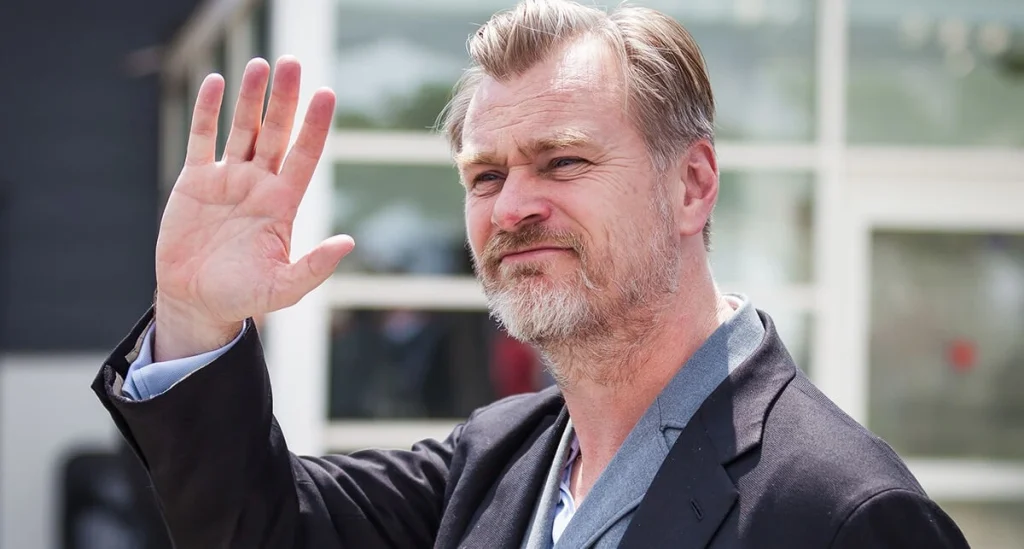
Conclusion: The Legacy of Christopher Nolan – What Comes Next?
Christopher Nolan has already reshaped modern cinema. He gave us new ways to think about time, reality, and storytelling. And yet, he’s only in his early 50s. The possibilities ahead are limitless.
Whether he’s directing the next great sci-fi epic, mentoring young filmmakers, or standing firm in defense of cinema as art—Nolan’s legacy is only beginning to unfold.


